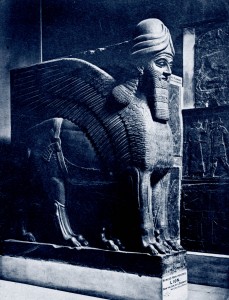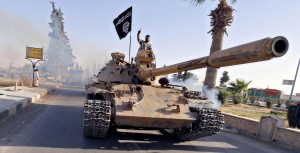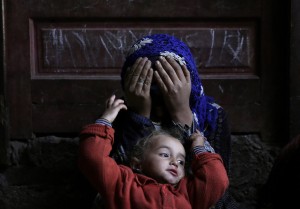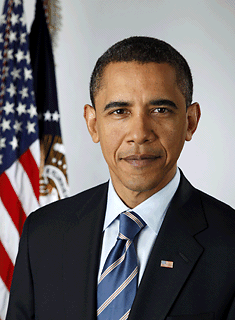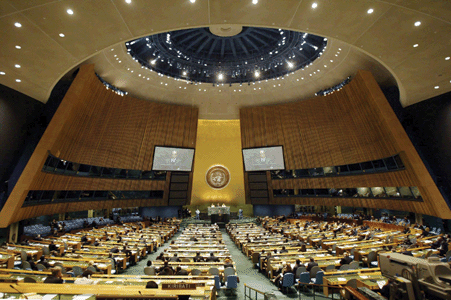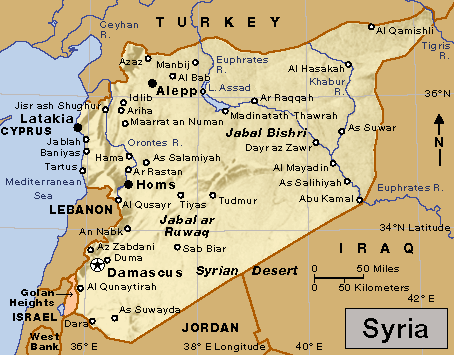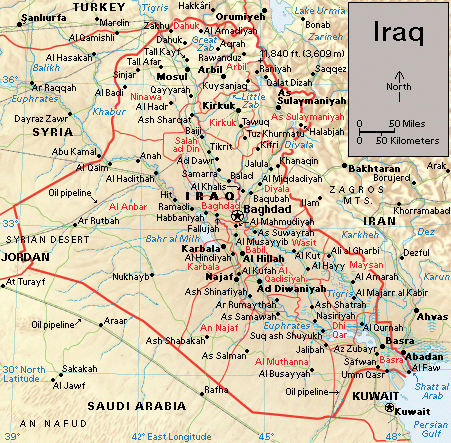Terrorist Attack in Tunisia Leaves 21 Dead
Wednesday, March 18th, 2015March 18, 2015
A terrorist attack at the Bardo National Museum, located in Tunis, left 21 people, including 2 gunmen, dead. In the central section of Tunisia’s capital, near the nation’s parliament building, the museum holds an important collection of Roman mosaics and is one of the major tourist draws in Tunisia.
The attack by masked gunmen killed 17 German, Italian, Polish, and Spanish tourists this morning. No one has claimed responsibility for the attack, but it did occur one day after the Tunisian government announced the seizure of a large cache of weapons from an Islamist group.
Since Tunisia’s revolution during the Arab Spring movement of 2011, the small north African nation has managed to avoid violence. Tunisia’s first secular (nonreligious) government was seated in February 2015. On a video from 2014 featuring three Tunisian men fighting for Islamic State (ISIS), the men warn that Tunisians cannot be secure “as long as Tunisia is not governed by Islam.”
Other World Book article:


